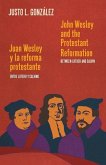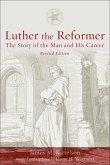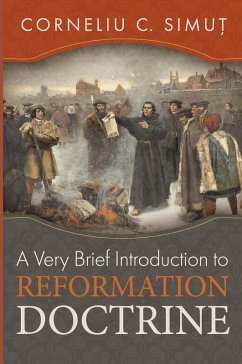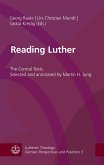How do Christians determine when to obey God even if that means disobeying other people? In this book W. Bradford Littlejohn addresses that question as he unpacks the magisterial political-theological work of Richard Hooker, a leading figure in the sixteenth-century English Reformation. Littlejohn shows how Martin Luther and other Reformers considered Christian liberty to be compatible with considerable civil authority over the church, but he also analyzes the ambiguities and tensions of that relationship and how it helped provoke the Puritan movement. The heart of the book examines how, according to Richard Hooker, certain forms of Puritan legalism posed a much greater threat to Christian liberty than did meddling monarchs. In expounding Hooker's remarkable attempt to offer a balanced synthesis of liberty and authority in church, state, and conscience, Littlejohn draws out pertinent implications for Christian liberty and politics today.
Hinweis: Dieser Artikel kann nur an eine deutsche Lieferadresse ausgeliefert werden.
Hinweis: Dieser Artikel kann nur an eine deutsche Lieferadresse ausgeliefert werden.

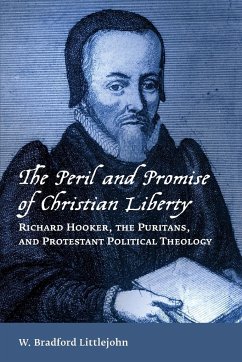
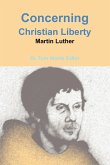
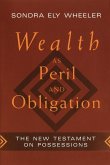
![The Dutch Reformation [microform]: a History of the Struggle in the Netherlands for Civil and Religious Liberty in the Sixteenth Century The Dutch Reformation [microform]: a History of the Struggle in the Netherlands for Civil and Religious Liberty in the Sixteenth Century](https://bilder.buecher.de/produkte/65/65632/65632089m.jpg)
